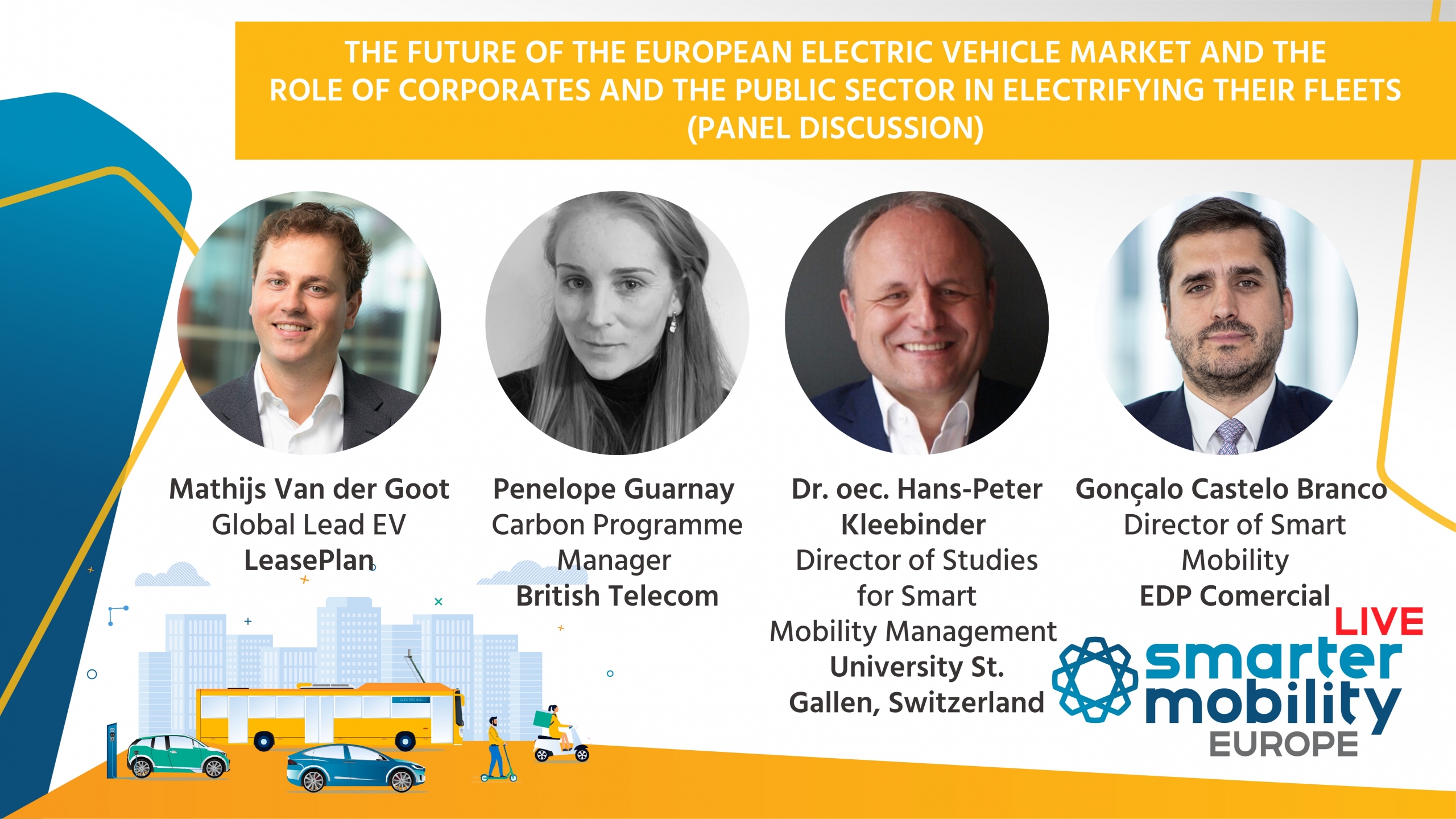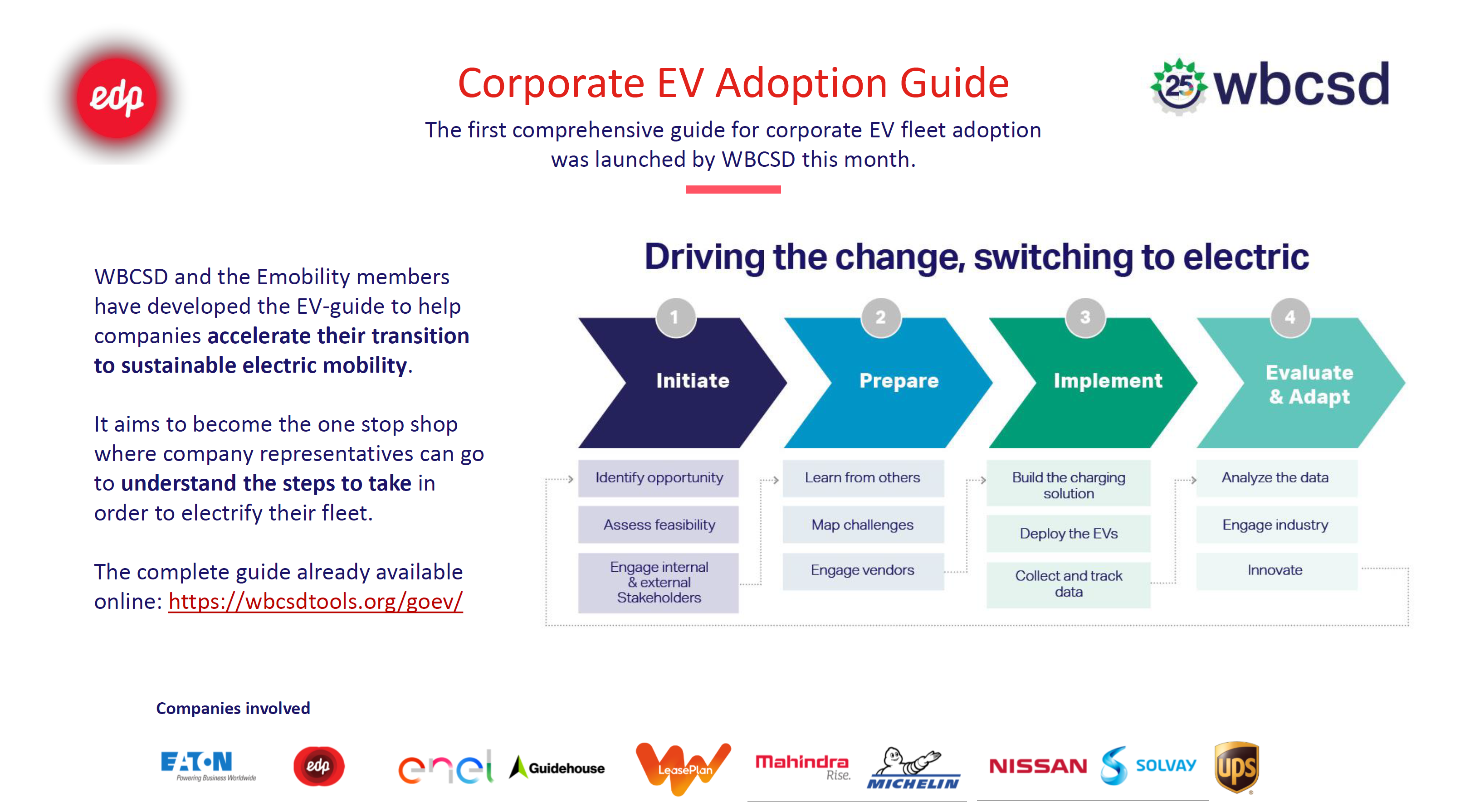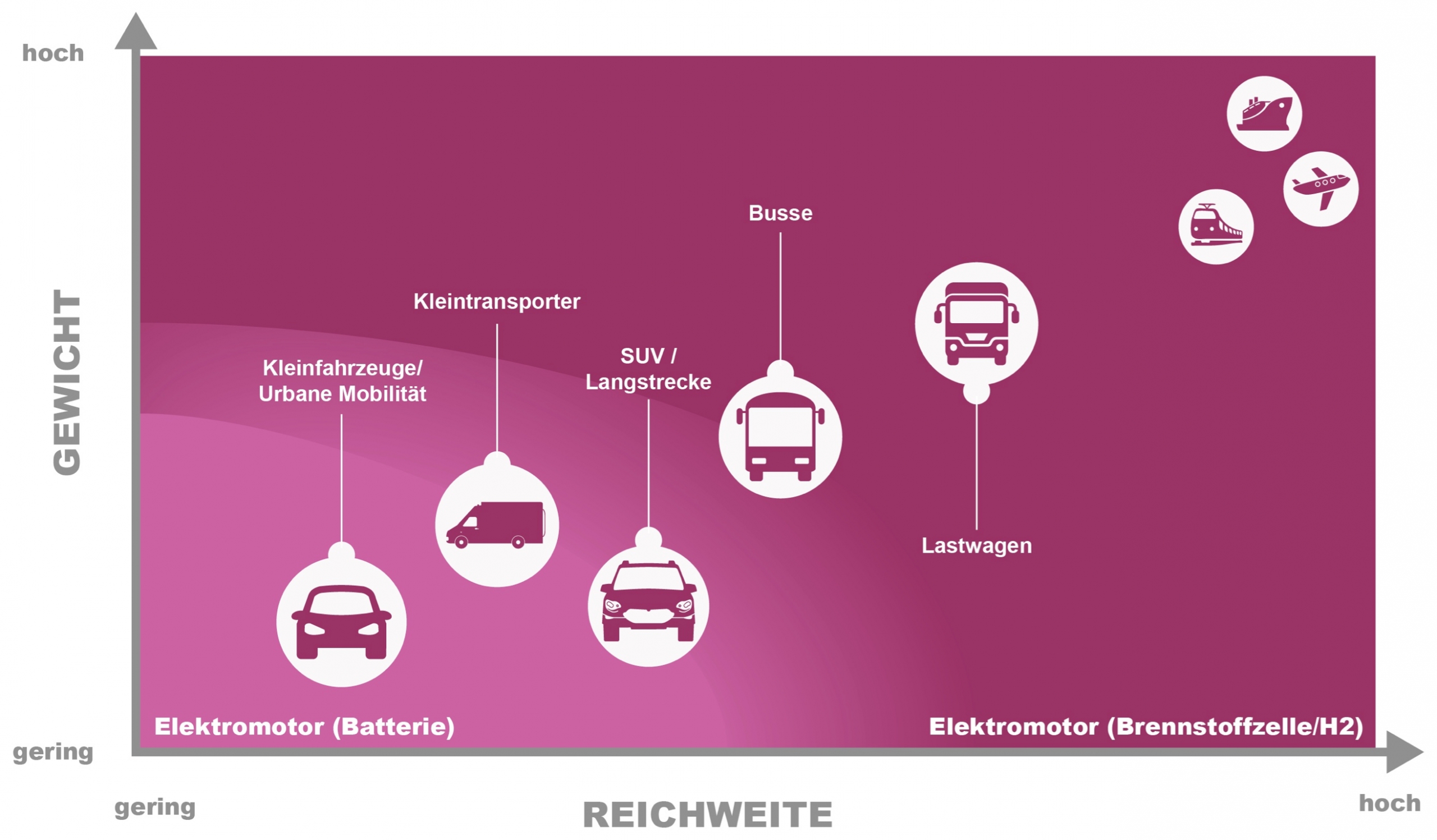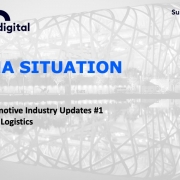Smart Mobility Europe : The future of the European Electric Vehicle market and the role of corporates and the public sector in electrifying their fleets

Estimated reading time: 2 minutes
On July 1st I moderated the panel discussion «The future of the European electric vehicle (EV) market and the role of corporates and the public sector in electrifying their fleets« with selected European mobility experts.
Three experts from UK, Netherlands and Portugal gave an update on the current situation in their region. An open discussion with all speakers followed. The panel took place at the Smarter Mobility Europe Live event organized by Ben Pullen and hosted by Roger Atkins. A first-hand exchange of information for and with decision-makers was provided.
Panelists:
- Mathijs van der Goot (Global lead electric vehicles, Leaseplan)
- Penelope Guarnay, (Carbon Programme Manager, British Telecom)
- Gonçalo Castelo Branco (Director of Smart Mobility, EDP Group)
My initial food-for-thought statement:
„Germany as a developping country for smart mobility is finallly waking up driven by Tesla, Dieselgate & COVID19. Now a broad consensus in society | politics | economics is evolving throughout Europe. We need a mobility revolution in order to preserve our personal mobility and autnomy.“
Discussion points
The results of our discussion and insights on the future of the European electric vehicle market:
Governments within most Europe countries decided to support and subsidise electric vehicles post COVID19. They support EV and sustainable public fleets and not like in the past Internal Combustion Engines (ICE). The waiting time for an electric vehicle can reach up to one year and OEMs are not able to fulfil the demand with the ongoing production challenges.
As a consequence, the market share of electric vehicles exceeds forecasts and expectations:
- the global sales of electric vehicles surpassed 10% this year with Sweden, Norway and the Netherlands reaching 30-40%
- the market share targets need to be updated every year as the demand is exponentially growing
- the more people see and use it the more electric vehicles get accepted
- Mandatory targets for the public sector for EV adoption (such as in France) support the EV adoption strongly
- Corporate EV adoption by identifying superusers inside each company and identifying the most efficient charging options for each company
New challenges that come along with the rapid transformation have to evaluated and adjusted:
- There is by far not enough public charging infrastructure. Not everyone has a garage or space to charge their car at home. Heavy investment in infrastructure is needed
- The energy grids cannot manage the energy demand if everyone wants to charge their car at the same time. Governments need to step up and implement a smart energy system that supports grid readiness as well as local energy production (e.g. photovoltaics)
- The government needs an ambitious policy framework to address the current barriers to EVs.
Statements of the panel
Mathijs van der Goot:
„The ‘soft/cultural’ aspects of the EV adoption are very challenging: most driver are hesitant to make a change and want to keep what they already have. For fast tracking EV adoption (1) the support from senior management of a company, (2) local EV champions and (3) the right EV policy are therefore key for supporting this change.“
Penelope Guarnay:
The UK Government have set a target to try and give superfast fibre to all households by 2025, it is a ‘herculean task’ for BT, in response to this, the mileage our engineers drive could potentially increase as we look to meet this target. Transitioning our fleet to Electric Vehicles will ensure that our fleet won’t contribute to any increase in Carbon emissions.
This year at BT we set a Remuneration target linked to our carbon performance, this underlines why it is essential for to BT continuously work towards reducing our direct emissions. With fleet accounting for approximately 70% of our emissions we need to actively address this.
Gonçalo Castelo Branco:
„Corporate EV Adoption Guide as an important tool to support fleet managers in commercial decisions regarding fleets and showing the benefits – financial and environmental – of an early EV adoption.

Conclusion – and my final question to the panel and audience
The future prospects of e-mobility must be viewed holistically. All transport modes and distance ranges must be examined and characterised in terms of their requirements for e-mobility. In the future, both technologies will coexist side by side. Battery-powered electric vehicles are highly efficient for short distances and low loads. On the other hand, fuel cells are strong enough for long distances and high loads.

COVID-19 is an accelerator for the electrification of the drivetrain. Global EV sales grow exponentially. Public-fleets transform quicker than expected to electric drivetrains. OEMs can not fulfil the recent demand or still have not enough EV models on the market. Sustainable and stable energy grids combined with heavy investments in the needed infrastructure will be the main drivers of electric vehicles. One thing is certain: the future is electric.
Final question: What is your estimate of electric vehicles market share in 2030 across Europe?
(Voting by 68 participants of the conference)

Author: Dr. oec. Hans-Peter Kleebinder



 Kleebinder
Kleebinder 


